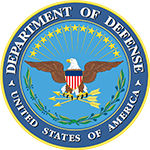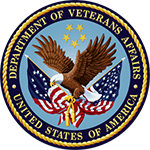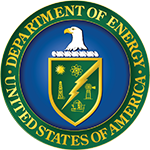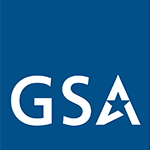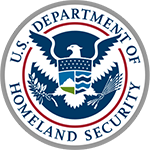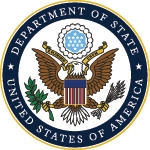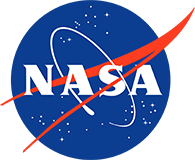None
Focused on managing the water assessment process in federal facilities, this course helps federal energy and facility managers comply with executive orders and legislative mandates and meet the requirements of Section 432 of the Energy Independence and Security Act of 2007. This course provides details on a five-step process for conducting or managing the conduct of a comprehensive water assessment including developing a water balance, conducting a walkthrough survey, developing water conservation measures, and long-range plans for water efficiency. This course focuses on key applications in the federal sector, incorporating best practices, and practical advice from experts in federal water assessments. Water-efficient technologies are discussed as are models and templates for contracting for water assessment services.
Instructor
Kate McMordie Stoughton, CEM, LEED AP, Pacific Northwest National Laboratory (PNNL) Read Bio
She is a water efficiency engineer with PNNL where she develops and instructs water resource management workshops, develops strategic plans for water management at Federal sites, and assists with Federal policy guidance. Ms. McMordie Stoughton holds a B.S. in civil engineering from the University of Colorado and is a Certified Energy Manager and a LEED Accredited Professional.
Learning Objectives
By completing this course you will learn to manage the process for conducting a water assessment in a Federal building including:
- Planning and/or managing a water assessment at a Federal site;
- Developing a water balance based on knowledge of the water distribution system for the facility and using available information such as utility bills and metered data;
- Planning and/or managing walk-through surveys that address building plumbing fixtures, laboratory equipment, cooling towers, and irrigation;
- Developing a plan for improving water efficiency using the water balance and the walk-through survey findings;
- Identifying water efficient technologies and assessing the economics of each technology so implementation of the technologies can be prioritized; and
- Learning the basic components of contracting comprehensive water assessments through private water management firms.
NOTE: The executive order(s) cited in this course has/have been revoked and superseded by the latest executive order(s). For information on the latest federal energy and environmental policies, visit the Office of Federal Sustainability Council on Environmental Quality website.


